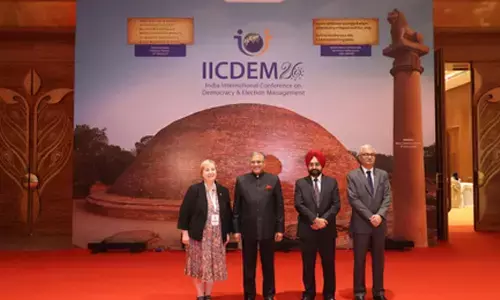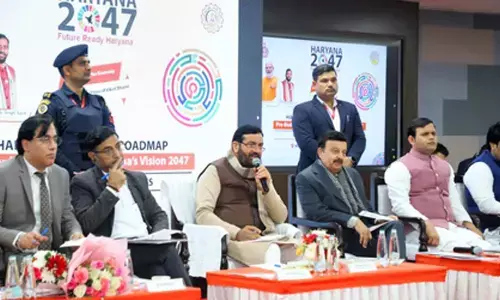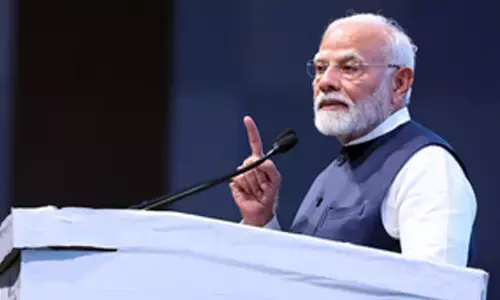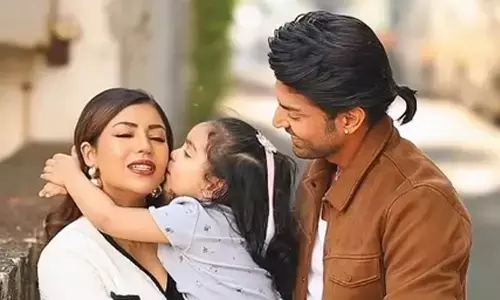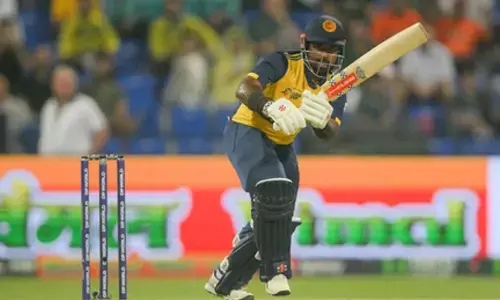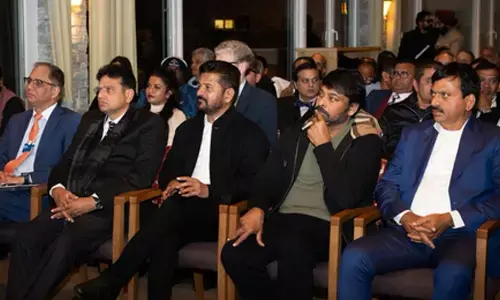Sandinista Contras
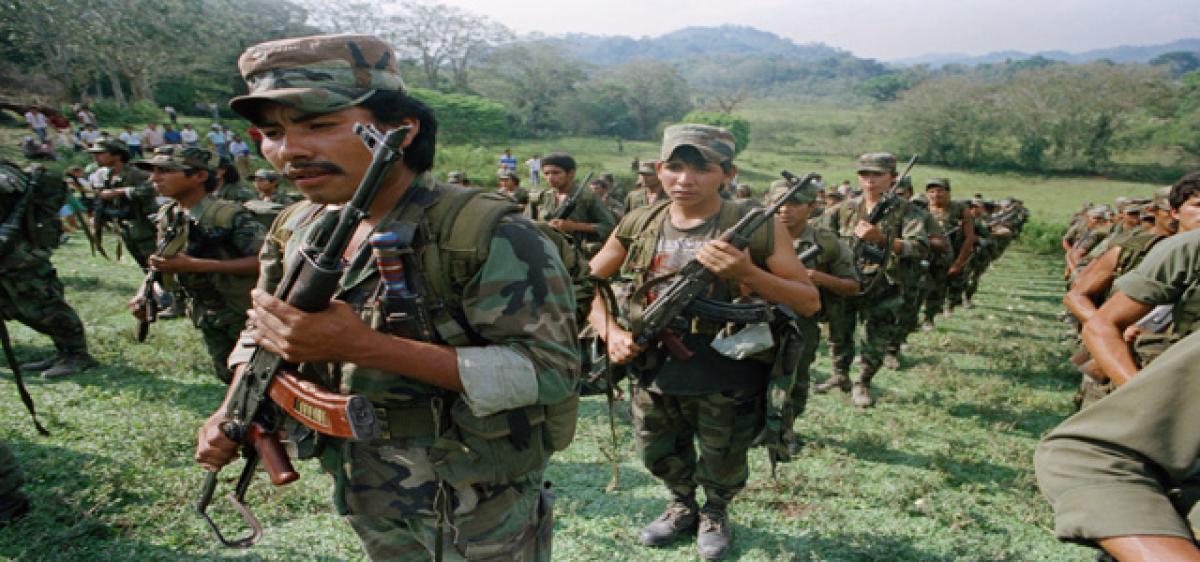
The contras (some references use the capitalized form, \"Contras\") is a label given to the various U.S.-backed and funded right-wing militant groups that were active from 1979 to the early 1990s in opposition to the left-wing, socialist Sandinista Junta of National Reconstruction government in Nicaragua.
The contras (some references use the capitalized form, "Contras") is a label given to the various U.S.-backed and funded right-wing militant groups that were active from 1979 to the early 1990s in opposition to the left-wing, socialist Sandinista Junta of National Reconstruction government in Nicaragua. Among the separate contra groups, the Nicaraguan Democratic Force (FDN) emerged as the largest by far. In 1987, virtually all contra organizations were united, at least nominally, into the Nicaraguan Resistance.
The Contras were not a monolithic group, but a combination of three distinct elements of Nicaraguan society- Ex-guardsmen of the Nicaraguan National Guard, Anti-Somozistas and Nicaraguans who had avoided direct involvement in the revolution but opposed the Sandinistas
From an early stage, the rebels received financial and military support from the United States government, and their military significance decisively depended on it. After US support was banned by Congress, the Reagan administration covertly continued it. These covert activities culminated in the Iran–Contra affair.
The term "contra" comes from the Spanish contra, which means against but in this case is short for la contrarrevolución, in English "the counter-revolution". Some rebels disliked being called contras, feeling that it defined their cause only in negative terms, or implied a desire to restore the old order. Rebel fighters usually referred to themselves as comandos ("commandos"); peasant sympathizers also called the rebels los primos("the cousins"). From the mid-1980s, as the Reagan administration and the rebels sought to portray the movement as the "democratic resistance," members started describing themselves as la resistencia.
During their war against the Nicaraguan government, the Contras committed a large number of human rights violations and used terrorist tactics, carrying out more than 1300 terrorist attacks. These actions were frequently carried out systematically as a part of the strategy of the Contras. Supporters of the Contras tried to minimize these violations, particularly the Reagan administration in the US, which engaged in a campaign of white propaganda to alter public opinion in favor of the contras.
The United States, which did not participate in the merits phase of the proceedings, maintained that the International Court of Justice's power did not supersede the Constitution of the United States. Washington argued that the court did not seriously consider the Nicaraguan role in El Salvador, while it accused Nicaragua of actively supporting armed groups there, specifically in the form of supply of arm








